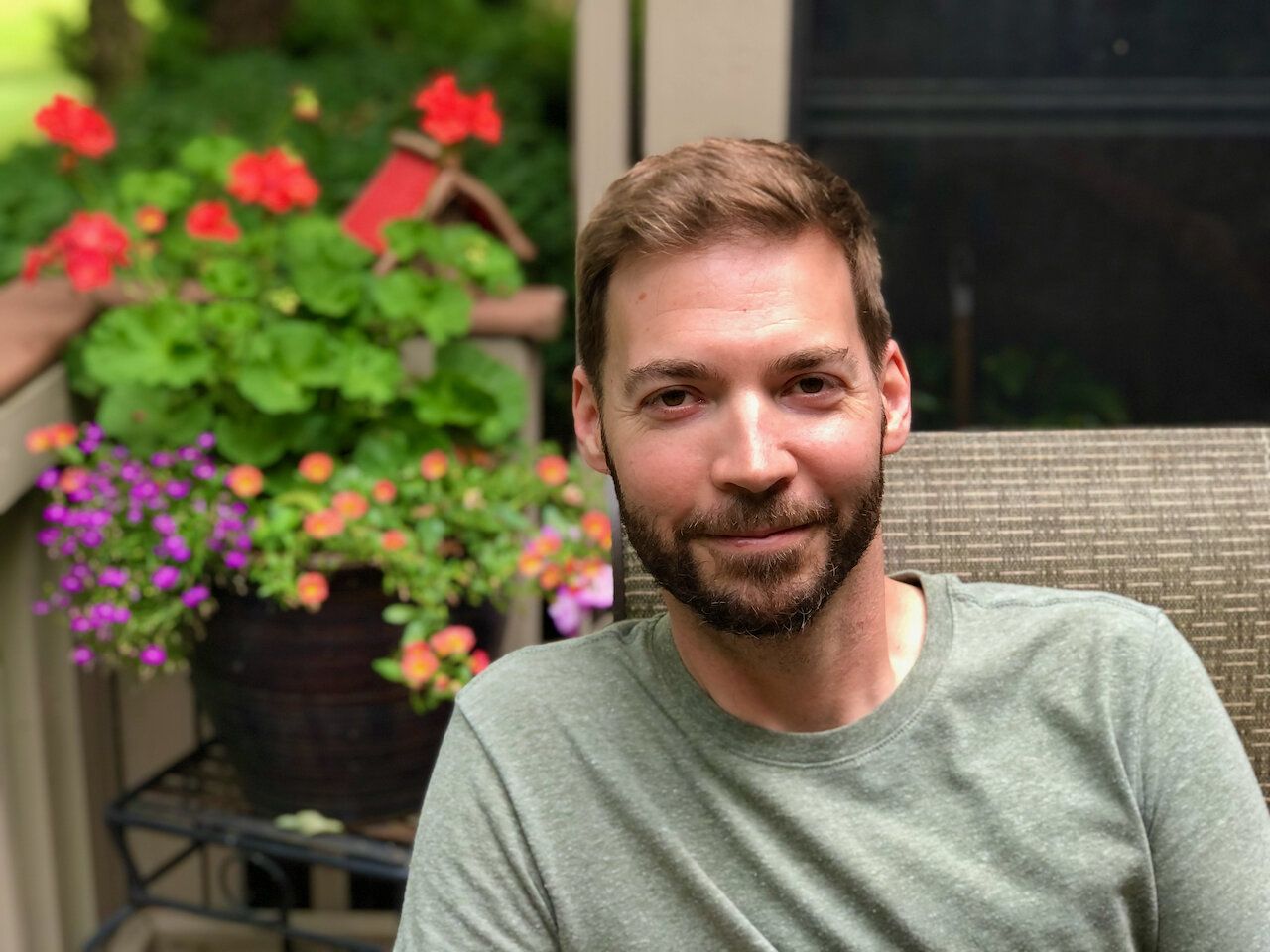Thank You for Being You
Mar 7
/
Aaron Stamper

On a rare warm and sunny winter afternoon, I returned home from a walk with my dog and suggested to my son that he could go outside to play. He mumbled an indecipherable response and continued to play with his LEGOs. After a minute I asked him more directly to go outside. Several minutes later I insisted he go outside.
Acknowledging my rising stress levels, I shifted my attention to the pile of dirty dishes and began to wash them.
Acknowledging my rising stress levels, I shifted my attention to the pile of dirty dishes and began to wash them.
I soon heard my son’s footsteps crossing the kitchen and heading towards the door leading outside. Without looking up from the sink, I said, “Thank you!”
He replied in a tone of voice that was equal parts ornery and silly, “Thank you for what? For just being me?”
I turned around to look at him and said sincerely, “Yes, thank you for being you.”
My initial “thank you” was an effort to encourage my son to accomplish the goal I set before him. I also wanted to remind him that I appreciate it when he listens to me. Both of these impulses were ego-driven.
My son, however, turned the moment into a much more powerful and graceful experience. By trying to be funny, he reminded me of the core truth about his value as my son, as a human being, and as a child of God. It is enough for him to be who he is. His value does not depend on the degree to which he accomplishes my goals or listens to me.
I tend to thank people only when they bend to my will or do something that benefits me. I am much less inclined to thank people for simply being themselves. This behavior pattern has deep familial, cultural, and religious roots, many of which I am largely ignorant. My life experiences have led me to internalize the idea that thankfulness is expressed only once a person measures up to the expectations of another.
The mystifying part is that I was raised in, and later served in, a Christian denomination that claims to extol God’s grace as a (perhaps the primary) core tenet of faith. Most Sunday mornings in my life have been spent in a church, hearing the message that God loves me just as I am. On a day-to-day basis, however, I operate in a way that is desperately seeking to earn a word of gratitude from others and I reserve my gratitude for people whom I feel have earned it.
I have unintentionally modeled this to my son. He has internalized the idea that one does not thank someone else unless the person has earned it. The very idea seemed absurd enough to him that he made a joke out of it. “Thank you for what? For just being me?”
This insight has recently led me back to the spiritual practice of blessing others.
A couple of years ago I was invited to sincerely wish a blessing on people with whom I interacted or simply observed over the course of a day. Regardless of whether the person was a family member, a stranger walking on the sidewalk, or a driver who had just cut me off in traffic, I would ask God’s blessing for the person. The practice humbled me. It also led me to become more aware of the people who exist in the periphery of my life – people whom I otherwise tend to ignore or treat as obstacles in my way.
I gradually stopped engaging in this profoundly beautiful contemplative practice. My ornery 10-year-old son reminded me of what I left behind when I stopped reminding myself every day of the belovedness of all other people. More importantly, my son invited me to once again look around at the people in my life and say, “Thank you for being you.”
Reflection time:
- In what ways is your faith or spirituality leaning more towards grace or more towards earning/striving?
- Where, when, or from whom in your life have you felt appreciated for reasons that were not clear to you? Has someone thanked you for being you?
- What are your feelings toward the people in the periphery of your life (e.g., the people who drive or walk past you, other patrons in a store or restaurant, etc.)?

Aaron Stamper
Aaron Stamper, M.Div, is a former pastor and interfaith hospital chaplain who has found his calling as a spiritual director through Spiritus Center. He is a contemplative at heart and is happy to connect with others and with the divine in a church, a walk through the woods, an honest conversation, or in the pages of scripture. Residing in Columbus, Ohio, he is able to serve as a digital soul companion to people across geographic boundaries. Aaron earned an M.Div degree from Fuller Theological Seminary, a Certificate in Christian Spiritual Formation from the Renovaré Institute, and a Certificate in Spiritual Direction from George Fox University. He served as an ordained minister in the Evangelical Lutheran Church in America (ELCA) for 12 years and has a particular gift for accompanying pastors through their unique challenges. Learn more (and read Aaron's book) at www.spirituscenter.org.

